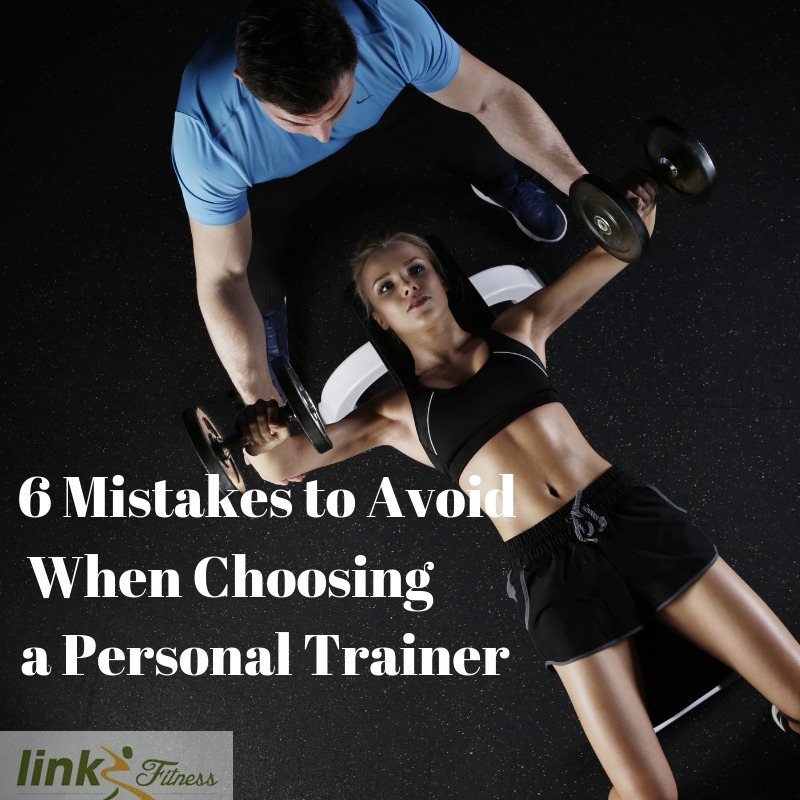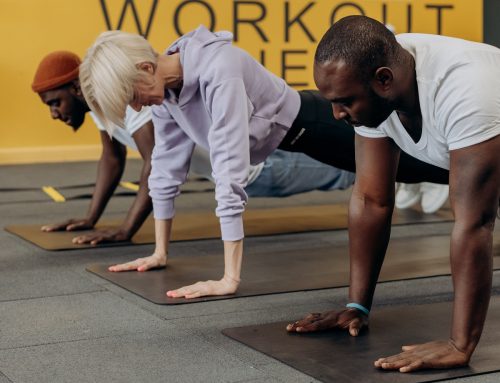Choosing a personal trainer to work with can be a great way to get motivated and to commit to exercise. This is an activity that we all know is important for our mental focus and clarity.
Picking a good trainer is not easy. The market is saturated with a lot of trainers who are all making the same claims. They are all promising fast weight loss and gains in strength fitness.
So how do you go about cutting through the noise and finding someone who is the right fit for you?
The decision to deciding who to entrust your fitness and health will be easier if you avoid the following mistakes:
1. Making a decision solely based on price.
I know we all want to get a good deal. Unfortunately, this never happens. Be wary of choosing the cheapest trainer available.
The fitness industry is largely unregulated. It is easy for anyone to undergo a 6-week online course and call themselves an expert. Such trainers will charge close to nothing just to get you as their client. They can afford to do this because they have very little invested in terms of training and experience.
They’re usually overworked, tired and unmotivated and will definitely not give you the best.
Don’t go cheap because you’ll get what you pay for. If you’re looking for an experienced fitness professional, you should be prepared to make a substantial investment in yourself. This is your health, so don’t be cheap.
2. A trainer who specializes in everything.
There are very many niches in the fitness industry. These include weight loss, weight gain, performance training, Pilates, Zumba, Yoga just to name a few.
It’s impossible to find a person who claims to be able to do it all. Therefore, if you encounter a trainer who specializes in everything, it is most likely you’re dealing with a quack.
You stand a better chance of reaching your goals by choosing a personal trainer who specializes in one or 2 niches. If you want to lose weight, don’t go to a trainer who trains bodybuilders.
3. Not asking for testimonials
Any good and reputable trainer will have testimonials on their website. They can also offer you a chance to speak to their current clients to hear their experience firsthand. Speaking to a current or former client can help you figure out if the trainer you’re looking for can deliver what you want.
A good trainer will tell you if he’s not a good fit for you. He will refer you to another trainer who is specialized in whichever area you’re seeking to master.
4. Do they have an online presence?
When we want to buy anything, our first place of call is online. We want to know what’s on offer, where to find whatever we want, and the price and delivery of the products or services.
This should not be different when it comes to choosing a trainer whom you’re going to entrust your body and your health. Run an online search and if the results are abysmal or nonexistent then don’t bother.
These days, access to information is easily available online. Any decent trainer will have at least a blog, testimonials, videos, interviews and possibly a book that can easily be found on the net.
5. Good credentials
Every trainer should have good credentials to show that they are well trained in the fundamentals of exercise science. This means they have studied to acquire the requisite basic knowledge necessary to become a trainer.
There are Certifications that are credible and anyone with them has undergone some study: These include CSCS, ACSM, NASM, and ACE.
You should however not be cheated by a bunch of initials after a trainers’ name. They might mean nothing if they are not from a reputable University or from any of the above.
Also, be warned: A trainer with the best credentials doesn’t necessarily mean they are the best at what they do. I guess you’ve met some people who have all the book knowledge but are pathetic when it comes to its application. They can throw around big words but they can’t coach you to transform your body.
6. Don’t make a decision based on looks
Being fit does not mean you know what you’re doing. You might know what works for you but when it comes to exercise programming for different body types, you’ll be clueless.
Conclusion
Training yourself and the art of coaching another person to reach their fitness potential are two totally different things.
This is the reason why being a competitive bodybuilder doesn’t automatically qualify you to be a trainer. You need to learn a lot more besides pumping iron every day and eating broccoli and chicken.
There you have it. A simple checklist to help you make the right decision when choosing a personal trainer.






